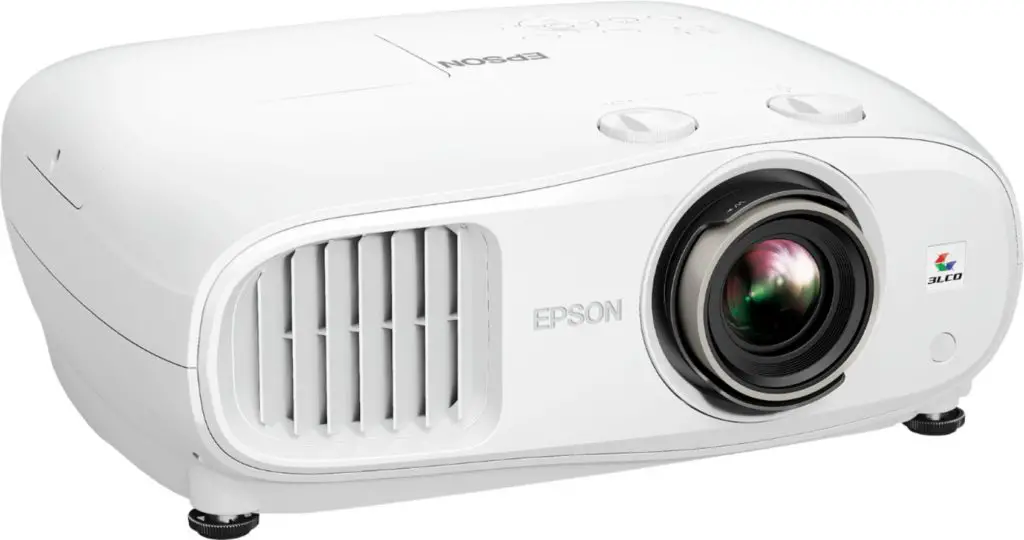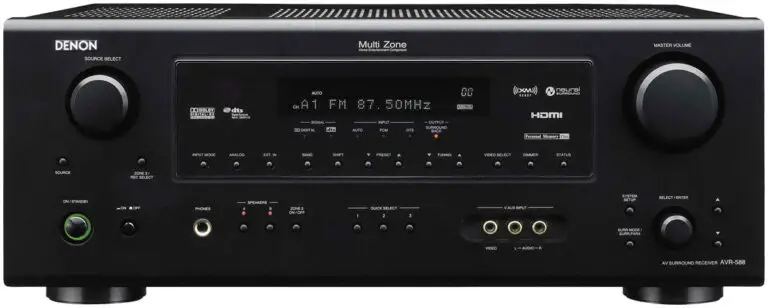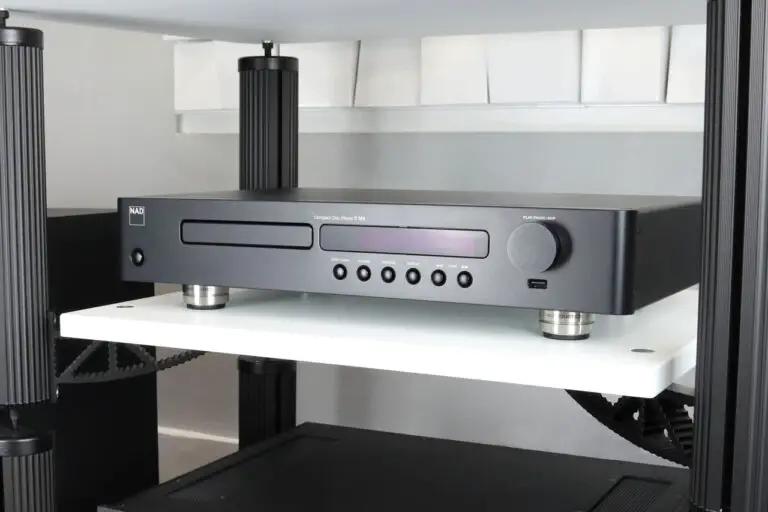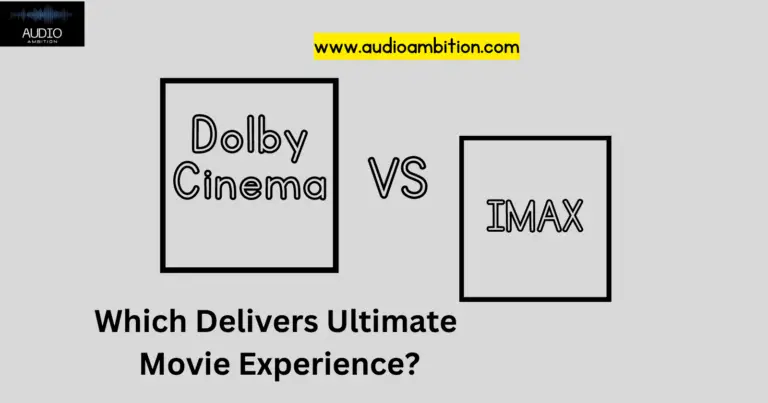When you are choosing a projector, one of the most important things to consider is the differences between Lux and Lumens. (Lux vs Lumens Projector) What is the difference between these two types of projectors? A major difference is in the optics that project the image on the screen.
With the Lumen projector, there is no lens at all. This reduces the need for lenses but makes it smaller. Because the lens is not needed, there is also less chance of one breaking.
Lux vs Lumens Projector:
Lumen projectors have a translucent ” lip ” covering that goes over the lens. The Lumen projector uses light diffraction to project the image. With the Lumen projector, you don’t have to worry about glare, as it bounces around inside the projector.

Also, because there is no lens, this means the image is slightly lower resolution than with a Lux projector. In general, the Lumen projector is better for some types of presentations.
Also, the light source has more impact on the resolution. The “bluish-white” light sources used with the Lux Projector will be too bright for some presentations.
But, the “warm” light sources used with the Lumen Projector will be more forgiving of glare. It will be okay for most presentations, but will require adjusting the projector contrast to avoid black screens.
One of the major differences between the Lumen and Lux Projectors is that with the Lux Projector, you have the option of choosing the degree of projector power.
If you want to use a cheaper projector to save money, you can do that, but you will only get your pictures from a resolution that is less than ideal. On the other hand, if you want a high quality projector, you should get a Lumen projector.
There are other differences between the projectors, as well. With the Lumen projector, you will find that it is more compact. This allows you to take it on the go, which is a big plus for many businesses.
However, you will have less room for attachments if you are using a longer projector arm.
If you want a brighter projector, then the Lumen projector will give you that. It will allow for up to six times the brightness that the Lux projector can handle.
The downside is that the Lumen projector is a little more expensive. Some people will find this a good thing, because they will be able to see more detail on their images.
Overall, both models of projectors are good options for business presentations. The main difference is in the optics and the light sources.
They both do a good job with most presentations. However, if you are looking for a brighter, clearer image, then the Lumen projector will give you that.
Let’s learn about Lux vs Lumens: Difference
How many lux should a projector have?
To answer this question we need to look at what it is we are looking for in a projector. In my opinion, the number of lux is not as important as the brand and quality of the projector itself.
Remember that these are computer monitors. They are being looked at as a big-screen TV. So, if you want a high-quality picture and sound you will need a projector that has enough lights.
If you want a projector with a lot of lights then it may be good value to get the projector with more light. You will also need to know how many lux should a projector have? The number that is commonly given is the number of lights on the unit has.
Sometimes though, in advertising, the number of lux is written in different ways, such as how many lumens per watt. Just keep in mind that the number you are referring to should be the number of lights.
Some people make up a number that looks like it is a percentage of the lux and then claim that they have the best projector. What they really mean is that they have the highest-rated unit that has the most lights.
So in order to find out how many lux should a projector have, you need to look at the actual number of lights on the unit has. In order to figure out how many lights a unit has you will need to know that there are two numbers you need to take into consideration.
There is the measured number of lumens and then there is the rating number. The measured number of lights will include the number of bulbs that you are going to need.
They also need to know if they need to use an energy-saving bulb. As a side note there are several types of light bulbs.
They need to make sure the units can handle a number of different sizes of bulbs. It may also help if they know how many watts they need to power the lights.
In order to figure out how many lux a projector needs you will need to know these things. These are just a few of the different things you need to know.
Which is better: lumens or lux projector? (Lux vs Lumens Projector)
How to decide which is better lumens or buy a projector(Lux vs Lumens Projector)? Both are fantastic, but which is better? To be honest, it really depends on how you intend to use your projector. If you want to view large images then you’ll definitely need the higher lumens of a law.
If you do not plan on using your projector as large a screen and would instead use it for small presentations or documents then a lumens projector will probably work just fine.
If you do plan on using your projector like this then you will want to consider spending the extra money on a projector with higher lumens.
A lot of projector reviews on the Internet will say that a projector with more lumens is more accurate than a projector with less lumens. The question is which is more accurate in which situation? Are you comparing apples to apples?
Or do you want to compare different devices of the same brand or model that all have the same general size and resolution? So, instead of comparing humans to lux you should compare actual digital device specifications to actual digital device specifications.
Some devices have the ability to adjust their screen based on how bright the ambient light is in a room that the projector is being used in.
This can be useful for use in rooms with less light. However it can also be useful for use in bright sunlight and glare.
This is the ideal situation when comparing humans to lux. If the projector can adjust to the correct light levels then you’ll have to actually measure the brightness level of each display in a given room.
In that case you can compare it to one another and check for an average which is best.
Devices that can adjust for light can be the most accurate comparison as far as comparing actual displays are concerned.
The problem with this is that we all have different requirements.
If you are a business owner who needs to be able to see their projections and document images while they are working and running a business, then you may not want to buy a projector with enough lumens to actually be able to see your entire presentation.
A projector with high resolution and good color accuracy is probably your best bet. So, if you’re just going to purchase a projector to try it out first you should consider doing this.
How many lumens do you need to project in daylight?
What are the differences between light bulbs, light bulbs with UV light, and fluorescent light bulbs?
You may be surprised to find out how much light you need to project into your home or business space. The answer will help you choose the right fixtures.
If you are dealing with high-pressure sodium bulbs or low-pressure sodium bulbs then you are going to need to use fixtures that are extra-bright.
You will also need a fixture that is able to properly regulate the power source. You will not want to have fluorescent lighting that is too dim. A little over-brightness can really ruin a space.
What about the voltage that your lamps will run on and how you are going to project it? Most people will find that a light bulb with a UV radiation output is going to be the most useful.
This will make sure that the light you are projecting is the right brightness.
There is no question that you will need to know the wattage of the lamps that you are using.
How many lumens is recommended to project properly in daylight?
If you are building a space in your home or business that is going to require projecting lighting from an outside location then you are going to need to know how many lumens you need to project.
You will also need to know the wattage that your lamps are going to be using. If you don’t know this information then you will be guessing in the dark.
Lamps with UV radiation are going to be more useful because they are going to be able to project light in daylight. Most of these lamps are going to project light up to 6500K.
This is going to allow you to project the proper brightness. When you are building a room or space that requires higher brightness in the daytime then you will want to use UV lamps.
What about the bulbs that you are using? Most people will find that one of the most helpful aspects of how many lumens do you need to project in daylight is the type of bulb that you are using.
You will need to know the wattage that you are using when you are choosing bulbs for your room or space.
Conclusion: Lux vs Lumens Projector

If you are working in a warm room, then you will want to choose lamps with high UV emission. If you are working in a cool room then you will need to use low UV lamps.
If you are working in a room that is extremely cold then you will need to use lamps with high UV emission. We have looked at a few different levels of brightness in which you will need to know.
As you look at different scenarios, you will be able to determine how many lumens do you need to project in daylight. You will need to use the correct number of watts will be determined by the temperature of the room or space that you are working in.






